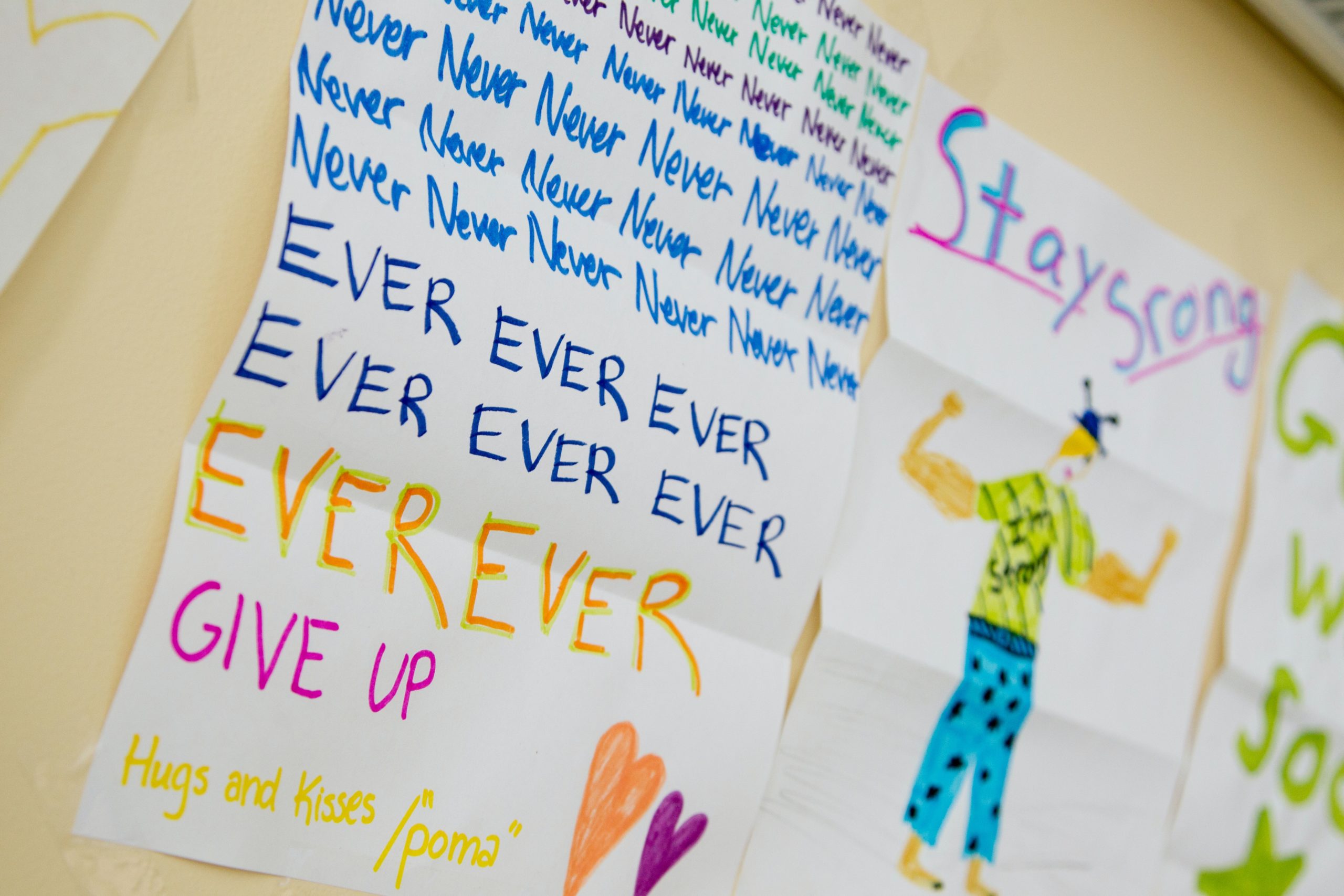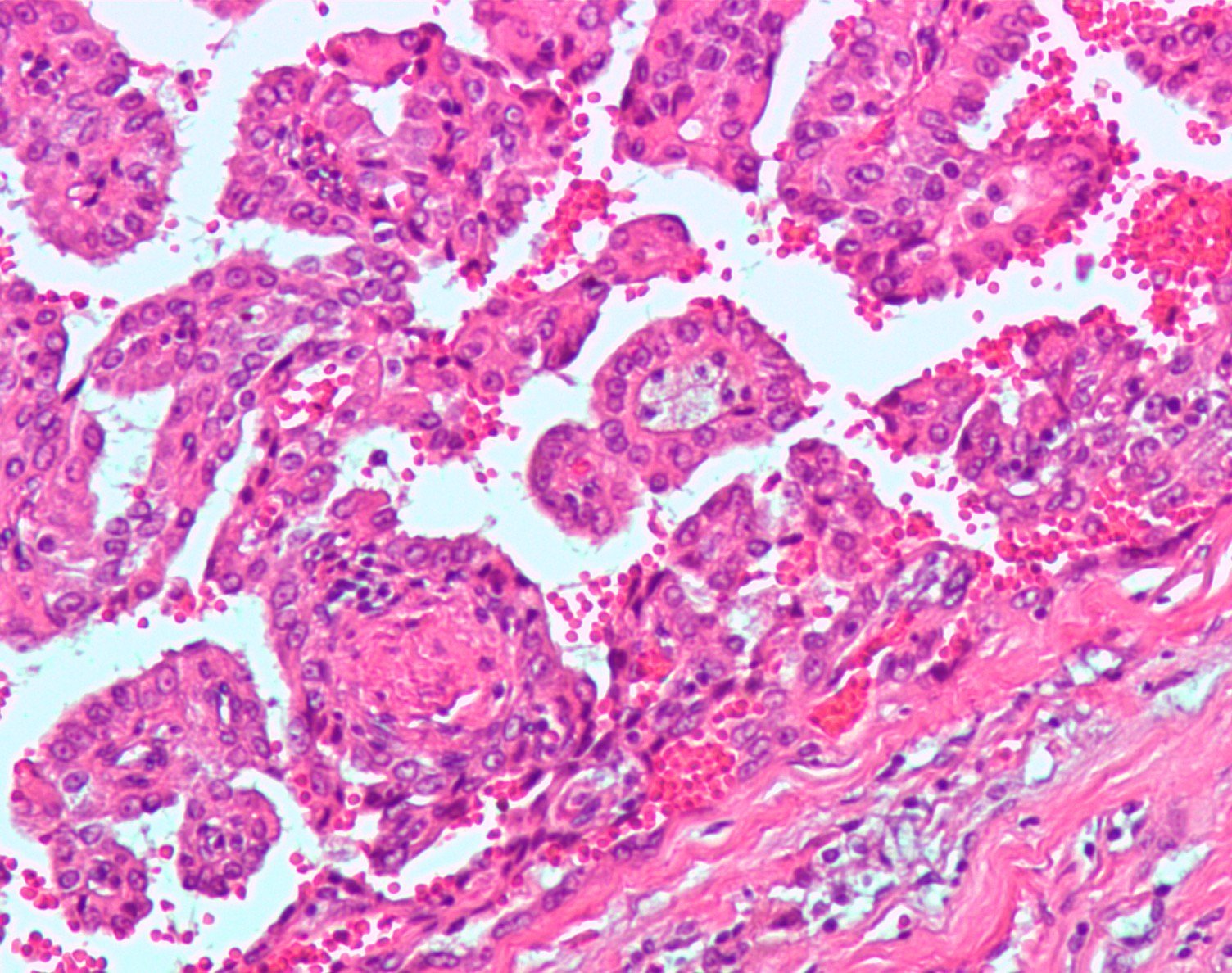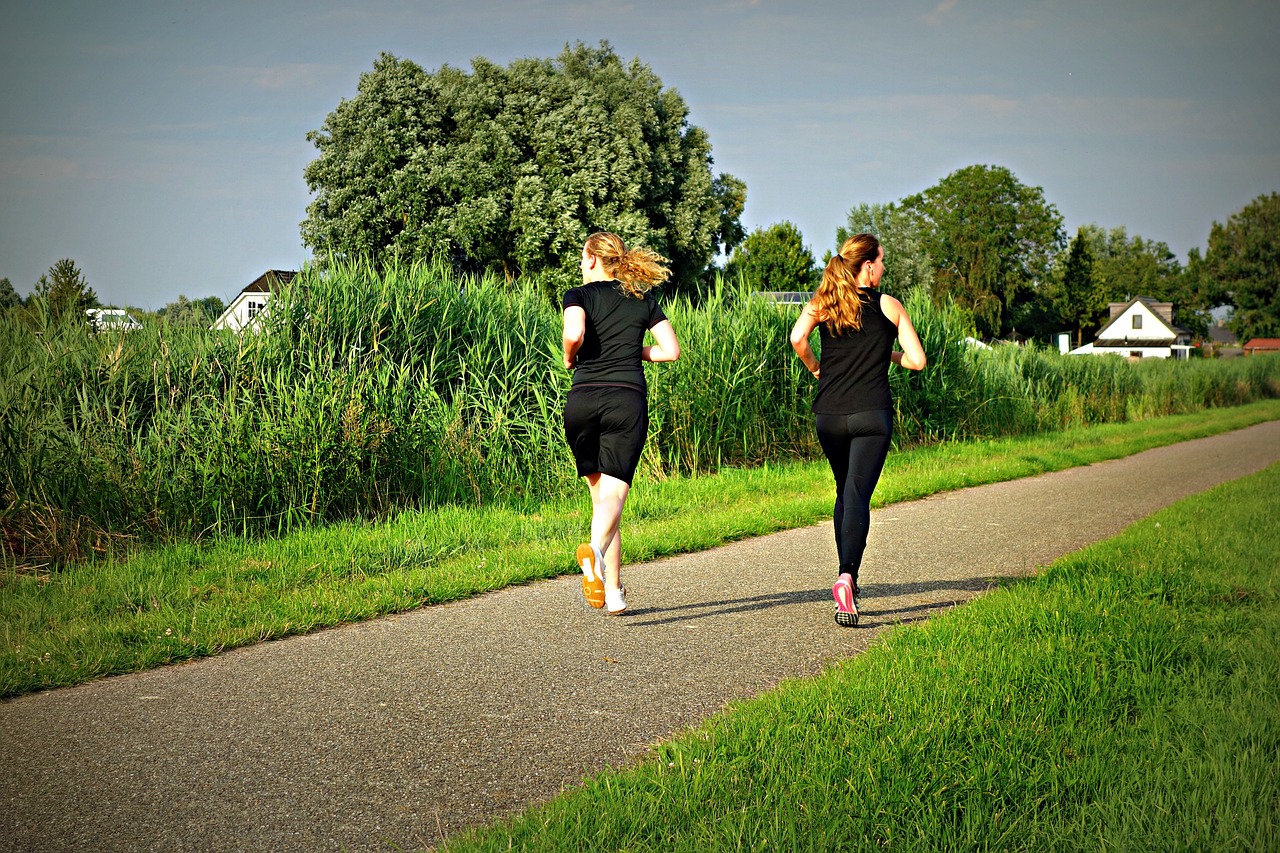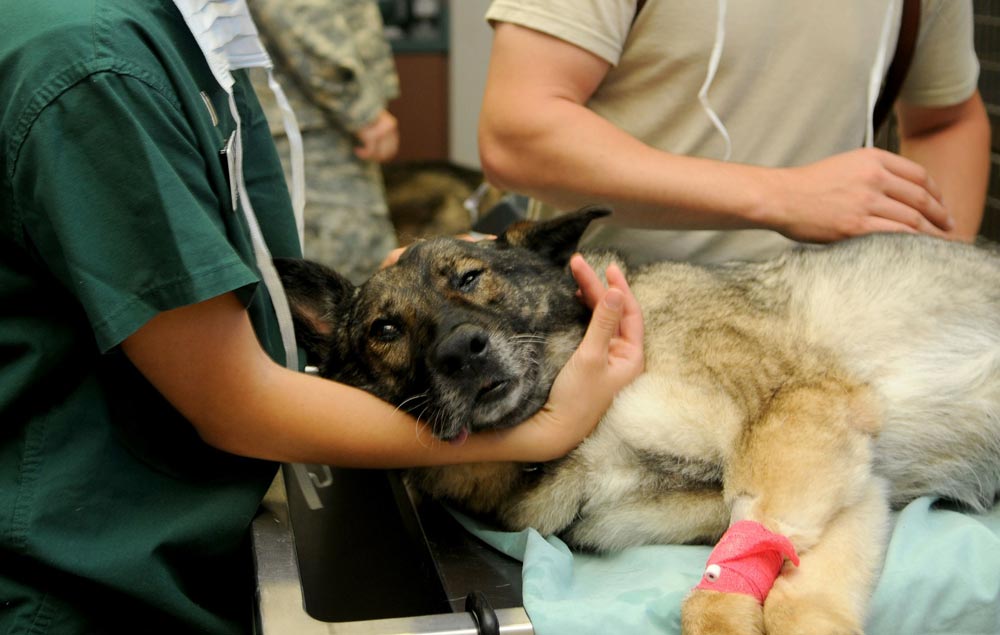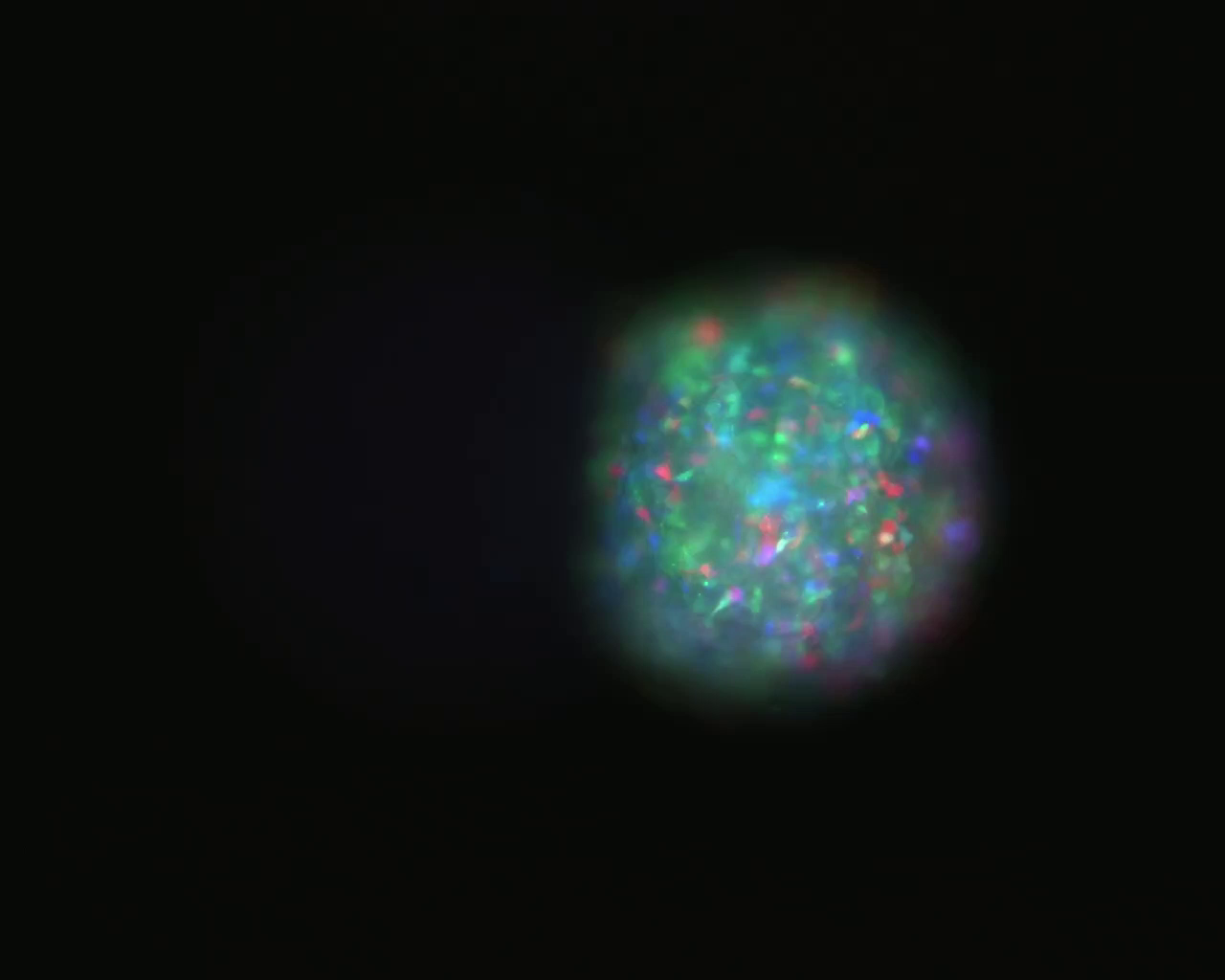Five things to know about childhood cancer
Advances in diagnosis and care have yielded significant improvements in childhood cancer survival rates in Europe, but the long-term side-effect burden in young people — driven by the unlicensed use of adult cancer medicines — often means the price of survival is high, scientists say. Prescribing unlicensed drugs or the ‘off-label’ use of adult medicines for childhood … Read more

